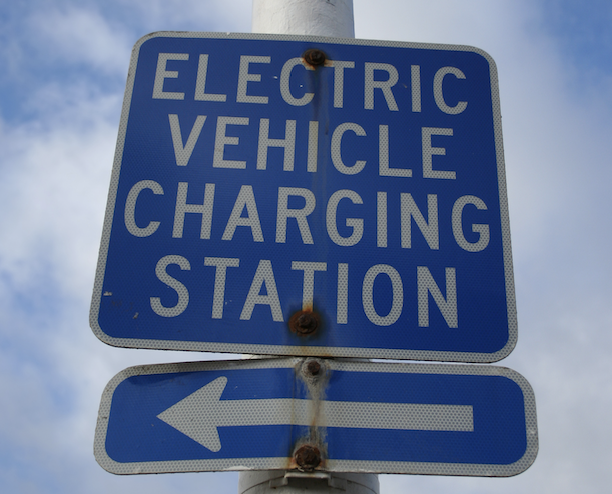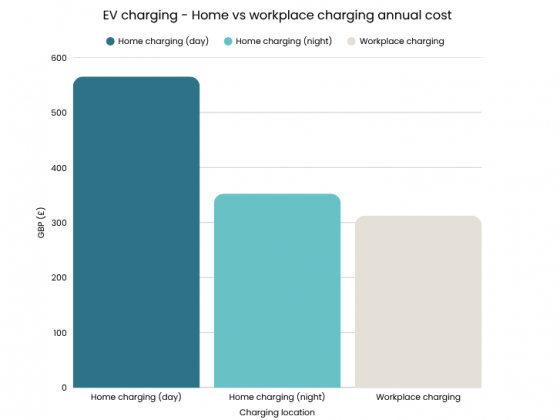Report shows how location data can help make decisions about EV chargepoints

A new report by the Geospatial Commission has revealed that location data can provide the evidence base needed to support better decisions about local charging infrastructure.
The report aims to support local authorities to make decisions about where to install electric vehicle (EV) chargepoints in their areas.
The sale of new petrol and diesel cars will be phased out by 2030 and the report states that the transition to EVs will be enabled by a dependable, well located public charging network that local authorities are ideally placed to help deliver.
The report reveals that location data can arm local authorities with evidence to rollout a public charging network that gives current and prospective EV owners the confidence to make their journeys, whether in a densely populated city or the countryside.
The report highlights that the location of chargepoints is as important as the number of chargepoints and explores the breadth of location data and applications available to support local authority decisions about where to install new chargepoints.
It also outlines opportunities to better use existing location data, as well as new sources of information to understand the location and availability of existing chargepoints by making chargepoint operator data standardised and consistent; understand consumer charging behaviour and travel patterns by using population movement data; identify the location of EVs by using commercially-held data about leased vehicles; identify existing electricity network capacity through better use of distribution network operator data; and identify areas without off-street parking by using proxy data.
Viscount Camrose, minister, Department for Science, Innovation and Technology, said: "The transition to electric vehicles is central to the government’s plan to decarbonise the transport sector, keep the UK at the forefront of clean transport and tackle pollution, all while seizing the potential for growth and job creation in the UK’s growing EV industry.
"Local authorities and the wider sector should continue to embrace new location data and analysis to accelerate the targeted rollout of chargepoints so that drivers can find and access reliable chargepoints wherever they live."
Steve Ward, decarbonisation programme manager, Transport for Wales, said: "Good quality location data is essential to us helping the public and private sectors collaborate to identify and develop sites for electric vehicle charging. We have worked with datasets from a large number of sources to develop modelling tools that indicate which locations are more suitable for commercially-funded charging facilities, and which could be unlocked by targeting investment in improving electricity supply capacity.
"We are sharing the outputs of our mapping with all stakeholders, including the electricity Distribution Network Operators, who are using this data to plan ahead of anticipated demand for charging ‘hotspots."



